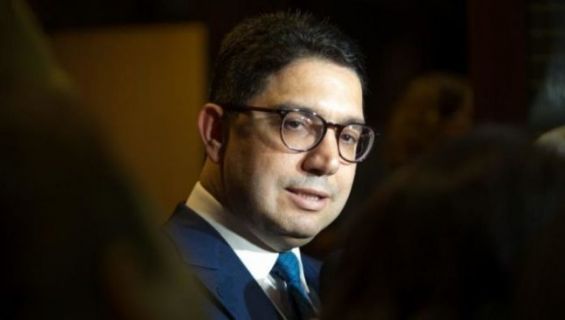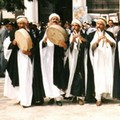On Thursday, Foreign Affairs Minister Nasser Bourita held a press briefing with his Jordanian counterpart Ayaman Safadi. The meeting was an opportunity for the Moroccan Minister to address diplomatic ties with Gulf countries, citing Saudi Arabia and the United Arab Emirates (UAE).
«Relations with Gulf countries, particularly Saudi Arabia and the United Arab Emirates, have always been strong», Bourita stated, adding that «Morocco has always wanted to preserve and consolidate these ties» .
«Sometimes we may disagree on certain issues, foreign policy being a matter of sovereignty. In Morocco, it is also based on principles and fundamental values», the Minister acknowledged.
It is obvious that the Kingdom is no longer worried about publicly wanting to adopt positions on international issues that contradict the ones expressed by the current Saudi and Emirati officials.
«Coordination should be maintained in both directions»
During Thursday’s press briefing, Bourita noted that «coordination should be maintained in both directions. It must not be à la carte, it must cover all the important issues in the Middle East and North Africa, like the Libyan crisis».
Through his words, the Minister criticized, in an implicit way, the policies adopted by Riyadh and Abud Dhabi in the MENA region. When it comes to Libya, Morocco has always supported the Government of National Accord, an interim government that was formed under the terms of the Libyan Political Agreement, a United Nations-led initiative, signed on 17 December 2015.
However, the United Arab Emirates has been financing Marshal Khalifa Haftar’s forces, who want to be in power. The Libyan Military Commander had already met Emirati Crown Prince Mohamed Bin Zayed in Abu Dhabi in July 2017. Saudi Arabia is following the same footsteps, as King Salman received Marshal Haftar Wednesday in Riyadh.
Bourita's statement comes as media reports suggested in February that Morocco recalled its ambassador in Saudi Arabia, after Saudi-owned news channel Al Arabiya broadcast a report on Western Sahara.
These reports were denied by Moroccan Foreign Affairs Minister Nasser Bourita who said that the Kingdom’s ambassadors to Saudi Arabia and the United Arab Emirates were in Morocco to «take part in some meetings and they returned earlier this week to their positions».
For the record, Nasser Bourita had the opportunity, in an interview conducted by Qatari TV channel Al Jazeera on January 23, to announce that «Morocco’s participation to the Saudi Arabian-led intervention in Yemen has changed».




 chargement...
chargement...












